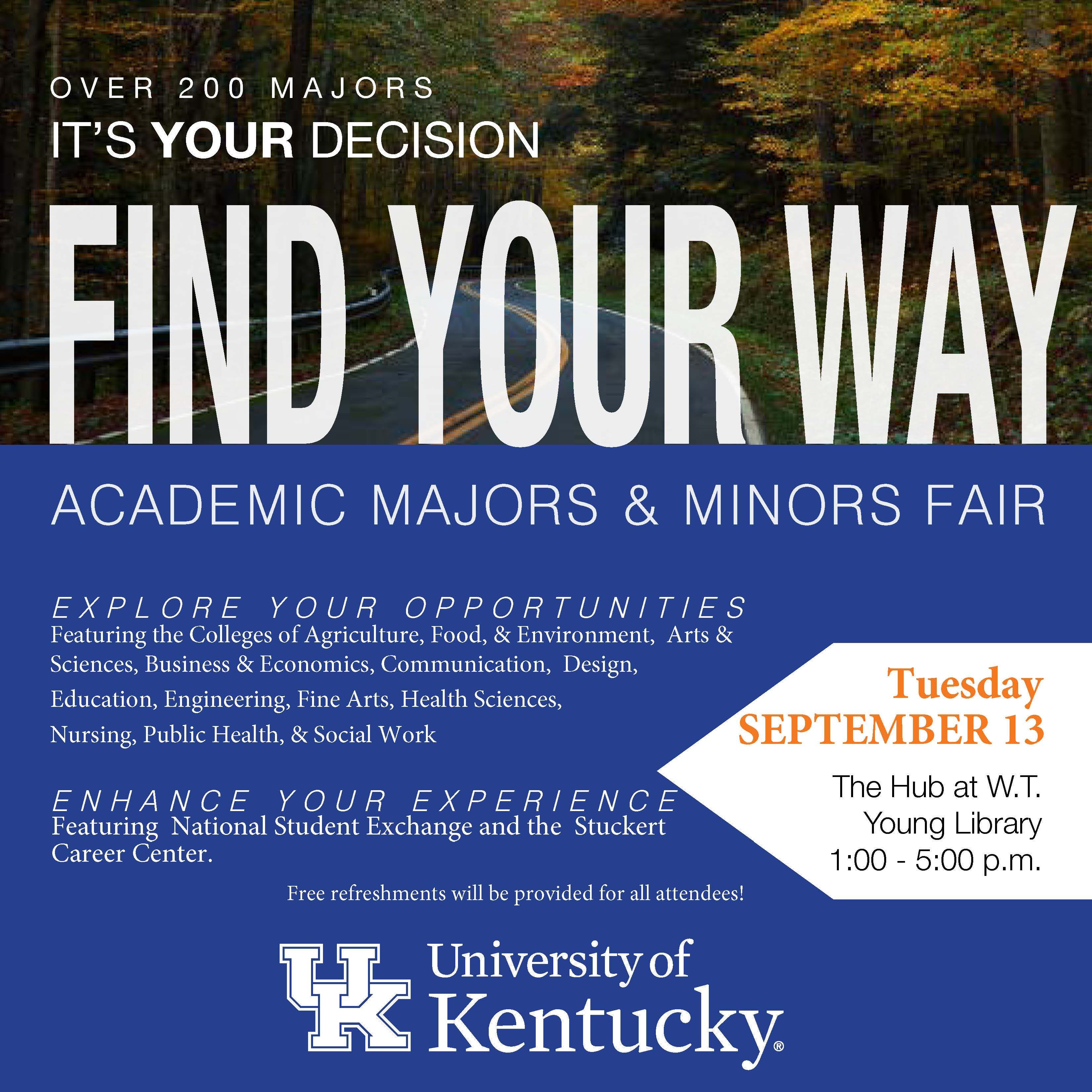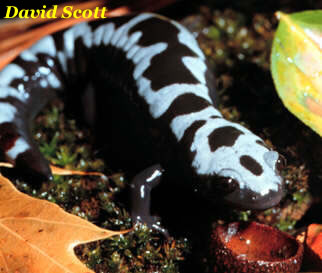Academic Majors Fair

A Month of T.H. Morgan
Celebrating Lexington's Nobel Laureate
UK Researchers: Gut Bacteria Have Own Circadian Clock
By Whitney Harder
First blog post - DDIG grants in the department!
Hello everybody and welcome to the new Biology Department Blog,
This blog is maintain by graduate students and will represent a new communication platform for the department. Our objective is to promote and advertise the successes in the department, providing an opportunity for all of us to share the word about biology here at UK via our favorite ways (Twitter, Facebook, etc.).
Without further due, let’s get started with this year big accomplishment: three graduate students were funded through the NSF-DDIG (National Science Foundation – Doctoral Dissertation Improvement Grant) earlier this year. You will find below their respective lay summary, each one of these projects look super cool and we can’t wait to see the results of their efforts!
One last thing, this blog will live only if we all make it happen, so feel free to share the page on social networks (or in more classic ways like email). Additionally, if you have any news you’d like to share, let us know by contacting Luc Dunoyer (luc_dot_dunoyer_at_uky_dot_edu).

Schyler O. Nunziata
A&S Graduate Confronts Diabetes in Appalachia
By Mallory Powell
Growing up in Hazard, Kentucky, Brittany Martin was familiar with diabetes. Many of her older relatives had been diagnosed with the chronic condition, and her younger family members were starting to develop it as well. In a state with one of the highest rates of diabetes — 11.3 percent of adults had a diagnosis in 2014 —Martin’s family wasn’t out of the ordinary, but she found the status quo unacceptable.
2nd Annual Postdoctoral Research Symposium to be held June 3rd
The Society of Postdoctoral Scholars at the University of Kentucky is hosting a symposium to feature the work of postdoctoral scholars in Kentucky and surrounding areas. The event will feature a keynote presentation by UK's Dr. Hollie Swanson, a professor in the College of Medicine's Department of Pharmacology and Nutritional Sciences, oral presentations by Kentucky postdocs, a poster session and a panel discussion on interviewing techniques.
